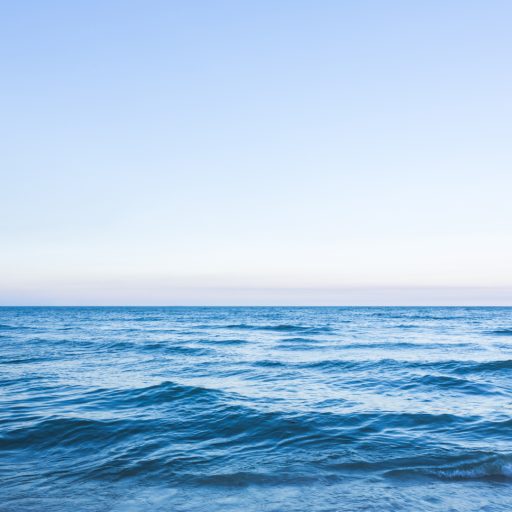
What is blue economy and why is it so important?
Share:
At La Lonja de la Innovación, the blue economy is one of our main areas of interest. This is why many startups that enjoy our acceleration program are focused on any of the possibilities that this sector offers. But what is this and why is blue economy so important?
Blue economy is a concept popularized by the Belgian economist Gunter Pauli. It is based on the idea that production processes should imitate the way nature works, that is, generating as little waste as possible and that those that are generated should be recycled. But it has one more meaning that relates it directly to the activities carried out with marine and coastal resources.
Taking into account this last meaning, the axis of blue economy consists in treating aquatic spaces as engines of innovation and growth that leads to a sustainable and profitable economic development. In this way, what this economic perspective seeks is sustainability and value generation through the responsible use of the marine and coastal resources. Thus, the World Bank defines it as “the sustainable use of the ocean resources for economic growth, the improvement of livelihoods and employment, while preserving ecosystem health”.
If after all this, you are wondering why blue economy is focused on aquatic spaces when it comes to production, the answer lies in the fact that marine waters have great potential for generating sustainable resources and, in addition, the oceans cover more than 70% of the planet’s surface, that it, it is the largest ecosystem in the world. Thus, if its resources are correctly managed: fishing, wind energy, algae, minerals, etc. they can be a practically inexhaustible source of wealth.
Currently, this concept is becoming more and more important due to the climatic change, since it seeks to avoid deteriorating the planet by making the best use of resources, leaving behind the so-used linear economy that leads to a point of no return in this deterioration, which is becoming increasingly evident. In this way the Sustainable Development Goals (SDG) number 14 of the 2030 Agenda for the Sustainable Development, approved by the UN, is fundamental in this regard, since it speaks about “Conserve and sustainably use the oceans, seas and marine resources for sustainable development”.
Blue economy principles
We already know in what this economic perspective consist of, but to fully understand what it is based on, it is important to know what its principles are:
- Local production and demand. It is essential to satisfy local demand with products that have been generated locally in an efficient and sustainable manner. Blue economy bet for local production and it is focused on the economy of proximity, reducing in this way the costs and the pollution produced by transportation.
- Taking advantage of all the waste generated. All the waste generated in a production process is another source of wealth that can be used as raw material at another time. In this sense, one of the main objectives of blue economy is that there should be no waste producing and using what is indispensable.
- Use sustainable materials. The use of natural and sustainable raw materials allows biodegradation, avoiding pollution and promoting recycling.
- Closed cycle. Blue economy promotes a closed and non linear cycle. In this way, products and waste are recycled and reused.
As we can see, the seas and oceans offer numerous jobs and business opportunities, with a wide range of possibilities: fishing, coastal tourism, biotechnology, aquaculture, desalination, maritime security, etc. Any activity related to water and maritime spaces is encompassed within this concept, and starting to increasingly apply this economic perspective is fundamental to protect the oceans and, also, to reduce climate change and preserve biodiversity and landscapes.
Therefore, at La Lonja de la Innovación we attach great importance to this sector and all the projects encompassed in it. If you have a startup that operates in the blue economy area, our acceleration program is waiting for you.



